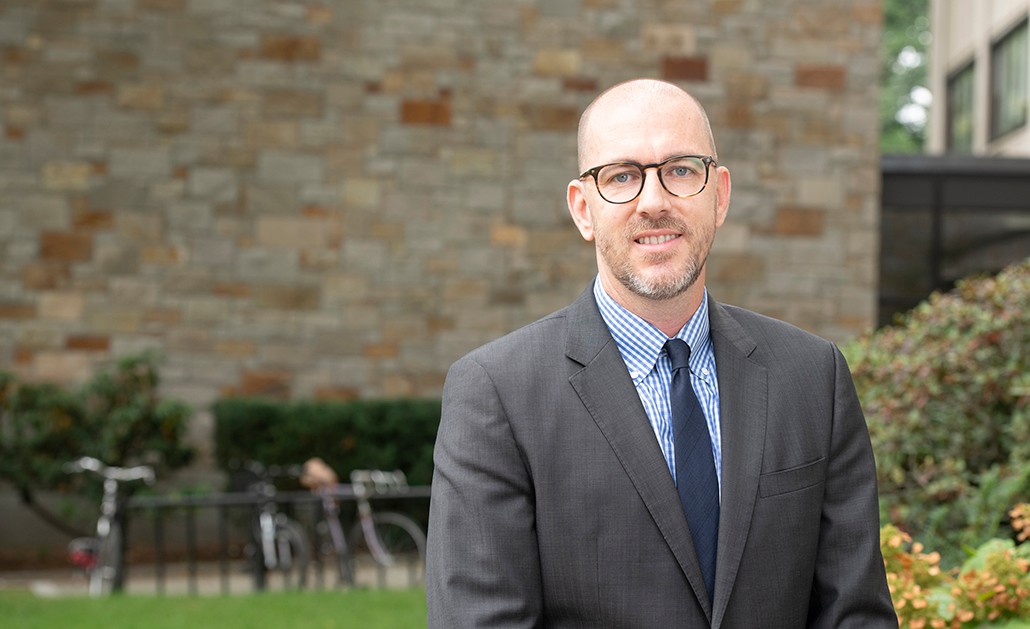“I view this as a wonderful opportunity to take the skills that I’ve developed since I was a doctoral student and help move science forward in a meaningful way.”
Salas-Wright and his colleagues in the SPIP study section will meet three times per year to evaluate the grant proposals and give their feedback to one of the center’s scientific review officers. He said a good grant application will show that the proposed research project will advance scientific understanding, improve public health, and influence the future of the field.
“Is the research novel or breaking new ground?” he will ask himself. “Does the investigative team have the training and the experience to successfully carry out a proposal like this? Are their scientific procedures sound?”
Before he was selected to serve on the study section, Salas-Wright reviewed a handful of grant applications on an ad hoc basis. He said he spent up to a full day reviewing each application, learning that the process often requires much more than reading through hundreds of pages of proposals. “Sometimes,” he explained, “it requires you to really dig in deep and get to know a new corner of research or to deepen your knowledge of a particular area.”
Salas-Wright, who was recently named the new assistant dean of the doctoral program, said his research experience has prepared him to review grant applications. He has written dozens of grant proposals and authored more than 185 publications, including peer-reviewed articles in the American Journal of Public Health, the American Journal of Preventive Medicine, and Drug and Alcohol Dependence.
His funding includes a grant from the National Institute on Minority Health and Health Disparities to follow a cohort of several hundred parents and children who moved from Puerto Rico to the mainland in the wake of Hurricane Maria in 2017. In 2019, he received the Deborah K. Padgett Early Career Achievement Award from the Society for Social Work and Research, an honor that recognizes young scholars whose innovative work has attracted the attention of other academics and influenced the field.
“Writing grants and leading NIH-funded projects,” said Salas-Wright, “will inform my ability to read other proposals and figure out how they contribute to science.”



